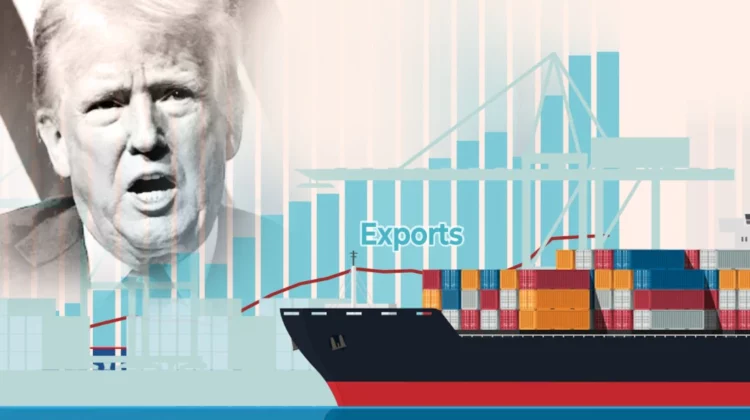
Tariffs under first Trump term hurt US firms, NY Fed analysis says
NEW YORK : Import tariffs during President-elect Donald Trump’s first term broadly lowered stock values on the day they were unveiled, and were associated with lower future profits, sales and employment for the firms whose equity prices were hit the hardest, new analysis by Federal Reserve Bank of New York staff concluded.
Firms exposed to trade with China in particular, about half of publicly listed companies, saw bigger stock market losses on days when import tariffs were announced during 2018 and 2019, and over the ensuing two years saw profits, for example, that were about 13% lower than others.
“One key motivation for imposing tariffs on imported goods is to protect U.S. firms from foreign competition. By taxing imports, domestic prices become relatively cheaper, and Americans switch expenditure from foreign goods to domestic goods,” New York Fed economists including Mary Amiti, head of labor and product market studies in the bank’s research group, wrote in the analysis. But “most firms suffered large valuation losses on tariff-announcement days. We also document that these financial losses translated into future reductions in profits, employment, sales, and labor productivity.”
The paper adds to other research estimating that tariffs present a drag on activity and comes as policymakers, companies and economic researchers try to gauge what lies ahead as Trump vows to ratchet import duties even higher in his second term. Trump and his advisers see the tariffs as a way to raise revenue for the federal government, though the question of how the cost of import levies is spread across producers, importers and consumers is a thorny one.
Benefits from tariffs are hard to come by, the New York Fed’s research team concluded, “because global supply chains are complex and foreign countries retaliate…Our results show that firms experienced large losses in expected cash flows and real outcomes. These losses were broad-based, with firms exposed to China experiencing the largest losses.”
The analysis builds on a prior study by the same research team that estimated the first Trump administration’s trade war made firms and households worse off by a factor of around 3%.
While Trump doesn’t take office until Jan. 20, economists at the Fed and in the private sector are racing to try to frame in broad terms what the fallout of new rounds of tariffs might be.
Trump for example has threatened levies as high as 25% on goods from Canada and Mexico, with another 10% on top of what is already imposed on Chinese goods.
Source : Reuters
